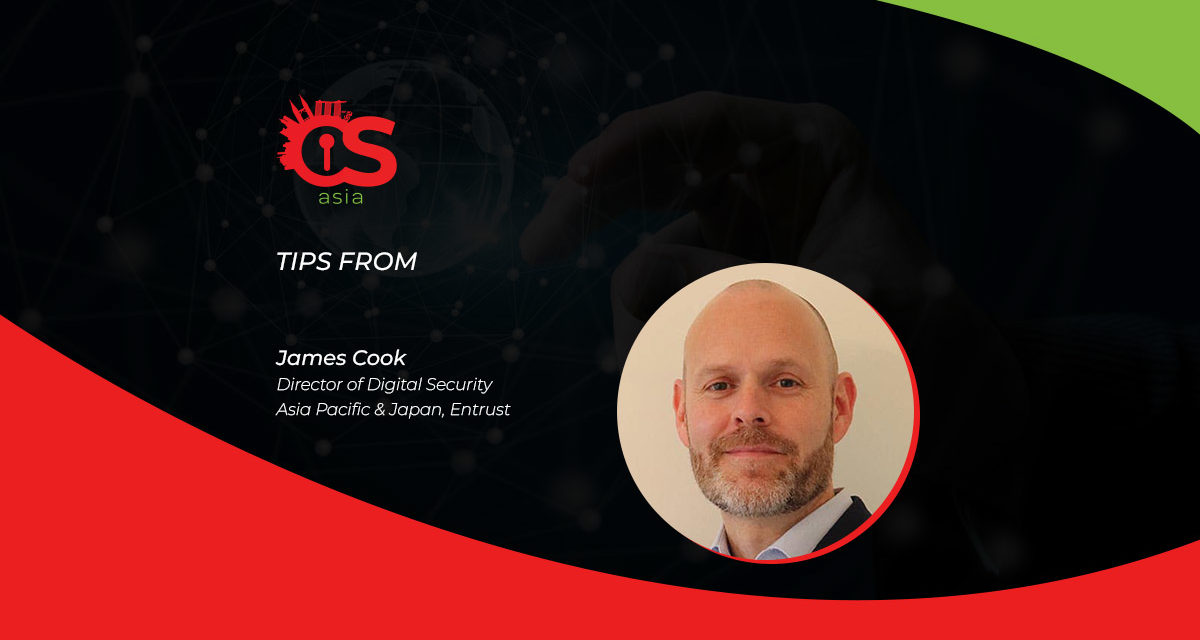Decentralized identity control, greater inclusiveness in personal data risk management, and increased government intervention in AI development are headed our way.
Generative AI can be used to craft highly convincing phishing messages that mimic the writing style of a trusted contact. The top targets of such fakery? Consumer identities.
Next year, identity spoofing will reach a fever pitch, making it increasingly difficult to know who to trust and how to identify who (or what) we are interacting with.
In 2024 we predict more organizations will adopt a decentralized approach to identity and turn to increased levels of verification, including knowledge-based, document, biometric and device authentication to validate users further.
The bottom line: we believe it is time to give individuals full ownership of their identities. With decentralized identity, all the information used to build an identity is encrypted and protected with digital keys that can be used to confirm an individual’s identity without exposure.
In such decentralization, businesses will not store identity information — individuals will. The core elements of a decentralized identity framework include an identity wallet, blockchain ledger, decentralized identifier and zero-knowledge proofs.
There is no reason why consumers should continue compromising on privacy, trading their identity for access, and taking the security risks that come with surrendering their personal information in order to get the products, services or information they want.

— James Cook, Director of Digital Security (Asia Pacific & Japan)
Prediction #2: Improving inclusiveness
As we continue to increase access to digital services, there is an even greater need for secure and convenient identity verification, online or in-person.
In the next year, we will see these changes drive an urgent call to action as identity technology becomes more integrated and secure in our everyday lives. This could mean improving access to mobile smartphones; ensuring apps use simpler language instead of technical jargon; offering setup assistance at major travel points; etc. Progress will need to be made to make digital identity truly inclusive and accessible to all.
— Angus McDougall, Regional Vice President, (Asia Pacific & Japan)
Prediction #3: Increased government oversight
In the evolving AI landscape, we have seen frameworks set up on the ethical use of AI. In 2024 we expect increased government involvement that CISOs must prepare for, as countries promote more responsible use of AI, which could include continued AI regulation and new post-quantum guidance. Businesses should consider each of these a call to action to improve not only their own cybersecurity strategies, but also to consider the impact of new technologies on their organization and their customers.
An uptick in government guidance will help create a blueprint for businesses to navigate rising challenges and security threats, but understanding and complying with the anticipated patchwork of regulations and regional legislation may pose a challenge, especially those operating across borders.
— James Cook, Director of Digital Security (Asia Pacific & Japan)

















